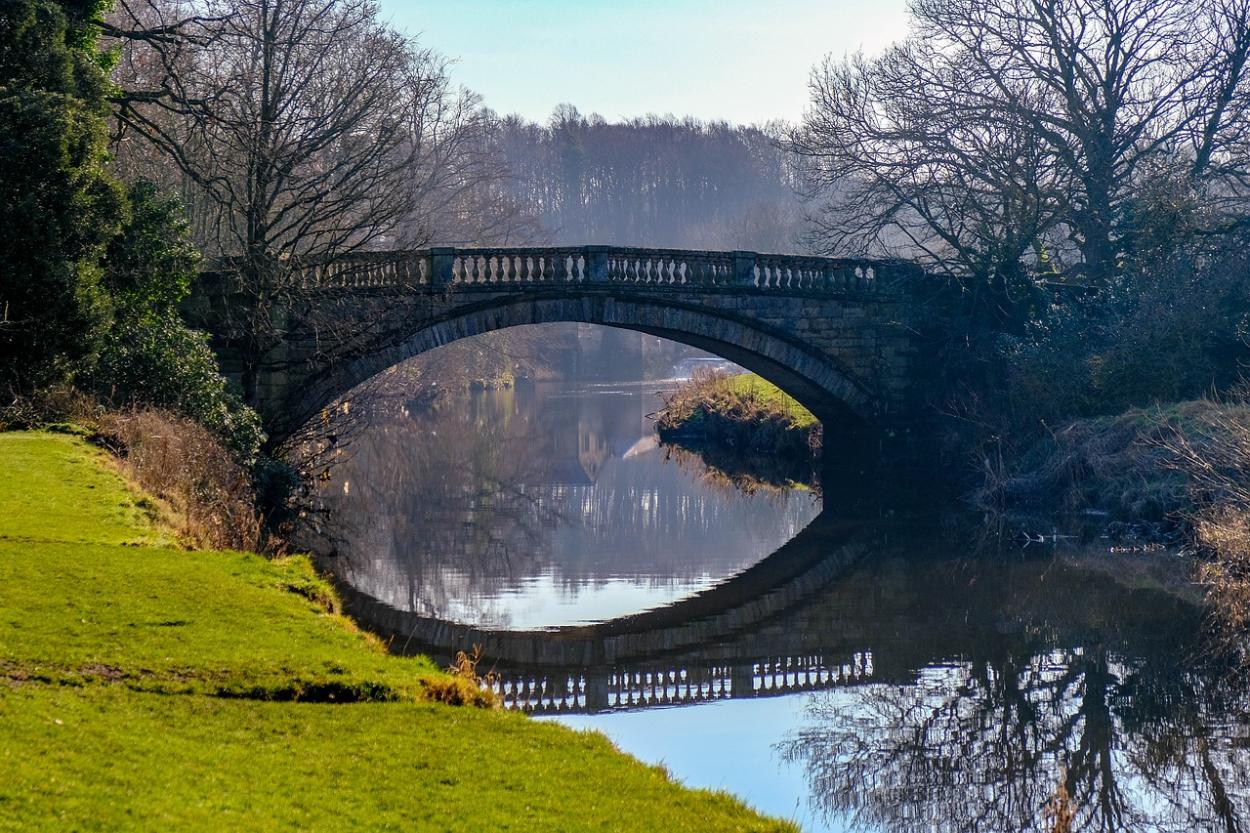
Barbara Anton is an expert in urban water management, and a Coordinator at ICLEI Europe leading a number of European and global projects. This winter, REVOLVE magazine interviewed Barbara to explore her perspectives on the critical role of water in urban centres and the implications for local governments.
Typically, European citizens expect access to infinite, clean water from their domestic taps. High quality water – and a lot of it – is also needed to provide a wide array of urban services.
However, there are a number of challenges to managing water sustainably. Climate change is intensifying the impacts of flooding and droughts, and local governments that are not able to manage these impacts put the residents of their cities at risk, compromise continuity in long-term planning, and decrease their potential for attracting new companies and investment. Urban water infrastructure in cities across Europe is aging and in need of expensive renewal. And, emerging pollutants – including from microplastics and antibiotics – endanger water quality more and more.
The good news is, as Barbara says, “The solutions are just as wide-ranging as the challenges.”
It is encouraging to see that decision-makers are increasingly acknowledging the benefits of green-blue infrastructure, defined by the European Commission as a “network of green (land) and blue (water) spaces” designed and managed to improve environmental conditions, resident well-being, job opportunities, and biodiversity. This acknowledgement means that green-blue infrastructure is increasingly seen as an important component of an integrated approach to water management. Such an approach is necessary, as, “The urban water cycle can only be managed effectively when understanding all its different components in a holistic manner: from water supply to water demand, from water consumption to waste water treatment, from periods of too much to periods of too little water.”
As one example, ICLEI Member Glasgow (United Kingdom) has implemented a comprehensive storm water management system using nature-based solutions like rain gardens and permeable paving. This has been supported by the Connecting Nature project, for which ICLEI is a partner.
Local governments are key to urban water management for another reason. As the level of government closest to people, they have the potential to greatly influence citizen awareness, thereby encouraging sustainable individual water practices. This can be done by spreading information, and through using various incentive structures to motivate “water-wise” behaviour. For example, ICLEI Member Augsburg (Germany) has provided incentives to farmers in the region to encourage them to apply more organic farming practices. This is part of a larger scheme and effort, which has improved water quality throughout the Augsburg water catchment area, thereby saving costs on urban water treatment.
Solutions also lie in innovation. New technologies, for example, are enabling wastewater utilities to become active producers of energy by using the heat produced in treatment processes as a source of renewable energy.
Although cities are key players in sustainable urban water management, they nonetheless require supportive frameworks from other governing levels to bolster their work. A new European Commission initiative called the Green City Accord aims to accelerate the implementation of EU environmental legislation in several areas, including water and wastewater, by supporting cities in their local endeavours. The Accord is foreseen to be launched in late 2020. To participate, cities ready to become environmental leaders must publicly announce their commitment to increase their ambitions in managing water and other environmental resources in an integrated fashion and provide evidence on their commitment through tangible action.
ICLEI, alongside the Ecologic Institute, also contributed to a report titled, “Investing in Nature for European Water Security” that was recently released by The Nature Conservancy. Based on extensive research, the report presents a strategic vision for scaling-up nature-based solutions for water security in Europe.
Scaling up nature-based solutions will be critical in order to foster what Barbara describes as the “city of the future.” In her own words, “The city of the future is a ‘water-sensitive’ city.” This means that it is a city that is designed in such a way that it fully takes into account the entire water cycle and its manifold interdependent dimensions; ensures that water is visible in the landscape; gives people opportunities to enjoy water; and has residents who are conscious of water’s value.
For more information, read the full interview here.
